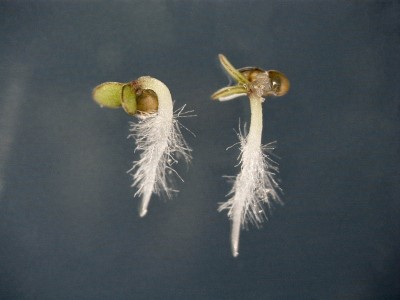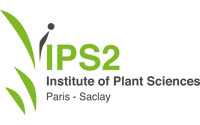MAPKSeed: When do seeds wake up?
For agriculture, synchronization of seed germination is of prime importance in order to maximize crop yields. If several environmental factors like temperature or nutrient availability are known to modulate the switch between seed dormancy and seed germination, the underlying molecular mechanisms are still not totally understood.
To address this question, the 4-years (2019-2023) MAPKSeed project has recently been funded by the ANR (French National Research Agency) for an amount of 600k€. It will explore the roles played in seed germination by MAPK signaling cascades which were found to be activated by various environmental stimuli. Coordinated by Jean Colcombet, head of the Stress group at IPS2, the project also involves collaborators of IJPB in Versailles and UBO/INSERM in Brest, thereby synergizing competences in various fields from cellular signaling to seed physiology. Based on the model plant Arabidopsis thaliana, the results of the MAPKSeed project should reveal new actors controlling seed dormancy and facilitate in the future the selection of suitable genotypes from different crop species with dormancy levels optimized for particular agricultural or industrial contexts.

